Fuel Lines
results
Featured Brands
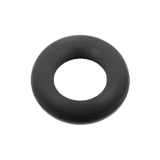
No photo
38770
Sealing Ring for fuel line
Febi
€0.38
No photo
64129416511
Fuel hose
BMW
€0.67
No photo
64120027315
Fuel hose
BMW
€0.73
No photo
19053382
FUEL HOSE
IVECO
€0.83
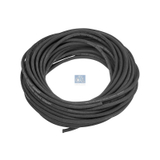
No photo
9.75019
Fuel hose
DT
€0.99
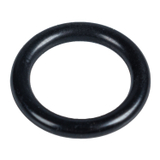
No photo
43540
Sealing Ring for fuel line
Febi
€1.16
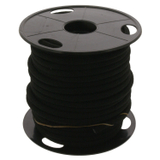
No photo
10047
Fuel Hose
Febi
€1.36
No photo
99909487
Fuel Hose
SWAG
€1.36
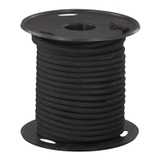
No photo
09487
Fuel Hose
Febi
€1.39
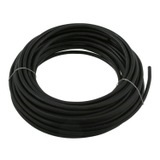
No photo
23783
Fuel Hose
Febi
€1.39
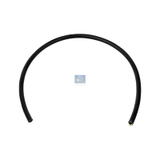
No photo
4.80092
Fuel hose
DT
€1.42
No photo
SU63721
Fuel Hose
John Deere
€1.47
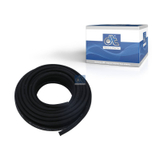
No photo
4.80087
Fuel hose
DT
€1.60
No photo
A1144710223
Fuel Line
Mercedes-Benz Passenger
€1.89
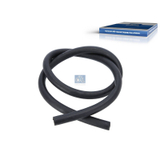
No photo
9.75020
Fuel hose
DT
€2.06
No photo
DZ114184
Fuel Line
John Deere
€2.07
No photo
VOE14705259
FUEL HOSE
Volvo Construction
€2.09
No photo
TR108888
Fuel Hose
John Deere
€2.15
No photo
13537687442
Fuel hose
BMW
€2.29
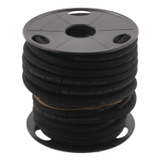
No photo
08645
Fuel Hose
Febi
€2.32
Buy car parts from the most popular car brands
Fuel Lines
Fuel lines are rigid and flexible tubing conveying fuel from the fuel tank to the engine. They are routed throughout the vehicle’s chassis, including undercarriage and engine bay, and are constructed from materials compatible with gasoline, diesel, and ethanol blends – typically steel, nylon, or specialized polymers. Connections utilize quick-connect fittings, compression fittings, or flared ends to ensure leak-free operation under pressure. Modern fuel lines often incorporate protective sleeves or coatings to resist abrasion, heat, and chemical exposure. Failure modes include corrosion, cracking due to age/heat cycling, and leakage at connection points.
Have a question?
Send us a message on WhatsApp
